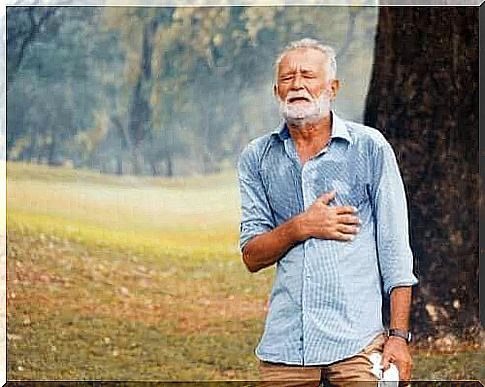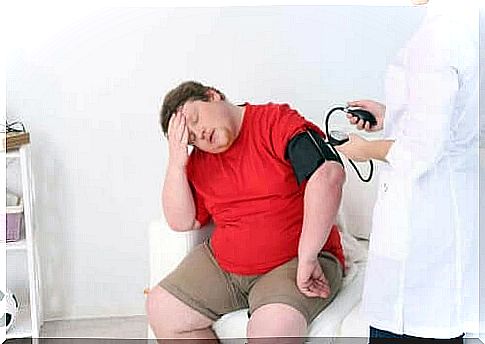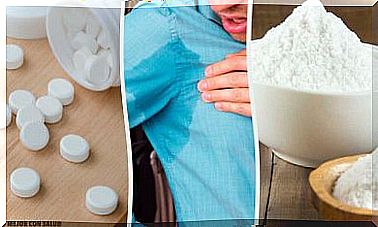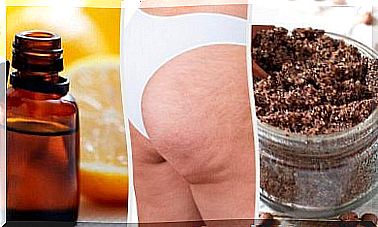Who Is Most Vulnerable To Heat?

Certain people are more vulnerable to heat, whether due to their specific body type or health conditions. These groups of the population in particular need to be mindful of their protection in summer.
Sure, we all need to follow basic precautions when it comes to heat protection. For example, we need to wear the right clothes, stay well hydrated, and stay out of the sun during the hottest hours of the day. Those who are more vulnerable to heat should take these measures extra well.
The people most vulnerable to heat are:
- Children under 5 years
- over 65s
- People with chronic diseases
- Those who exercise or work outside
People most vulnerable to heat

Children are quite vulnerable to heat
Children, especially very young children, are particularly vulnerable to heat. This is because younger bodies lose moisture faster. That way they dry out faster. Due to their size, children also generate heat faster. So you have to protect them from direct sunlight when the temperature rises and watch for overload during their physical activity.
Also keep in mind that your little ones will not notice the first signs of dehydration nor the effects of heat on their bodies. However, you can recognize it because they are more irritable than usual.
seniors
Another group that is very sensitive to heat are the elderly. This is because the body’s thermoregulatory center is located in the hypothalamus, a brain region that regulates the body’s internal temperature. Unfortunately, this feature slows down as people get older.
Also, people belonging to this group can no longer perceive thirst as easily as they used to. So they are at greater risk of becoming dehydrated. So remind them to drink fluids regularly.
In addition, seniors sweat less than young people. For this reason , they tend to retain more body heat. And if their environment is moist, it further inhibits sweating and increases the risk of heat stroke.
People with hypertension
Excess heat dilates blood vessels and leads to dehydration. This is both quite negative for people suffering from hypertension. So consult your doctor to learn how to adjust your medications during hot weather.
What usually happens is that heat lowers blood pressure. Therefore, the effect of your usual medications may cause your blood pressure not to be high enough. This is why you should have a doctor’s check-up to avoid any unpleasant surprises.
Heart and Obese Patients

High temperatures also affect cardiovascular health. This effect is of course more severe in those who have had previous problems. This is because heart failure limits your body’s ability to cool down. As you can see, there is a risk of heat overload.
In addition, it is also common for heart patients to take diuretics so that they are constantly removing water from their bodies, which reduces their ability to sweat. For this reason, they are particularly vulnerable to dehydration.
Obese people also have problems with cooling. They usually sweat excessively at high temperatures. For example, they easily lose fluids and mineral salts and often become dehydrated.
Since overweight people have a greater amount of body fat, this also changes their temperature regulation. This makes them more likely to get sunstroke.
Athletes and people who work outdoors
Finally, those who engage in physical activities outside are much more vulnerable to heat. Direct sun exposure increases the impact of high temperatures on them. So both sun exposure and activity double their risk of dehydration.
All of these mentioned groups should be adequately protected and, where possible, should limit their activities to those times of the day when the sun is not as strong. They also need to constantly hydrate and drink twice as much as they usually do.









